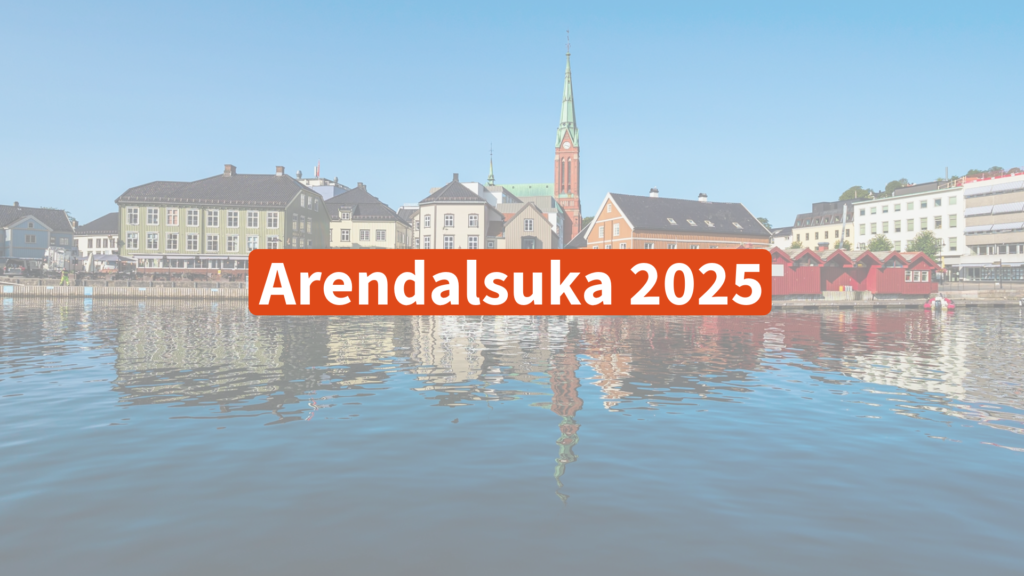Oppsummering dag 1
Andreas Bratland (RCN) – Project funding: 2023 calls for proposals
On the topics hydrogen and battery, there will be plenty of opportunities to apply for project funding from The Research Council of Norway in 2023. There will be funding available for competence-building projects and for innovation projects, probably also a small opening for researcher projects.
Sonia Yeh (Chalmers University of Technology) – Modeling of future transport systems from different point of views: data, technology, behavior, and policy
Transport accounts for 24% of global CO2 emissions from fossil fuels. Governments face challenges in developing feasible and equitable mitigation strategies to reduce energy consumption and manage the transition to low-carbon transport systems. A greater interdisciplinary collaboration agenda across open data, data science, behaviour modelling, and policy analysis. These advancemets can reduce some of the major uncertainties and contribute to evidence-based solutions toward improving the sustainability performance of future transport systems.
Deborah Jones (University of Montpellier) – Membrane and Catalyst Materials and Components Development for Hydrogen Technologies
Hydrogen technologies have reached a certain level of maturity, however further progress is needed in the functional materials used in the membrane-electrode assemblies of fuel cells and electrolysers in order to meet the demanding performance, durability and efficiency targets required of them, with regard also to their cost and their use of critical raw materials. The presentation focused on the design strategies, development, characterisation and validation of materials and components for membrane electrode assemblies for proton exchange membrane fuel cell light and heavy-duty transport applications, and proton exchange membrane electrolysers, and some outlooks for future research.
Alexander Blömeke (RWTH Aachen University) – Battery Electric Systems for Heavy Duty Transport Applications
Electrification of all types of transport systems is necessary to reduce CO2 emissions. The talk presented results from projects in the maritime, rail, and road transport sectors where fuel cells have been connected to batteries. Measurements on batteries with sensors such as strain gauges and ultrasound where presented, as well as model-based approaches for ultrafast charging.
Lennie Klebanoff (Sandia National Laboratories, Livermore CA) – Hydrogen and Fuel Cells for Maritime Applications: From Feasibility Studies to First Demonstrations
The talk reviewed studies since 2016 at Sandia National Laboratories on the feasibility and utility of using hydrogen fuel cell technology to power watercraft. Results where presented for a high-speed ferry named the “SF-BREEZE,” a coastal research vessel called the “Zero-V,” and a Diesel/Hydrogen hybrid research vessel. Calculated “well-to-waves” greenhouse gas and criteria pollutant (i.e., smog) emissions from such vessels where explained. These feasibility studies have led to real hydrogen vessels that have been built, or are in the design and construction phase. The vessels where described, along with a new Department of Energy Project to build a floating hydrogen production platform in San Francisco to fuel such vessels with renewable hydrogen.
Day 2
The second day on 2 November was a closed MoZEES meeting, dedicated to internal discussions within the MoZEES Consortium. The latest research developments in MoZEES were presented in plenary sessions in the morning and discussed in further detail in parallel RA-sessions in the afternoon.

